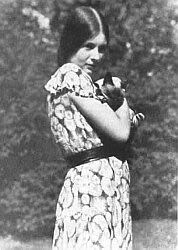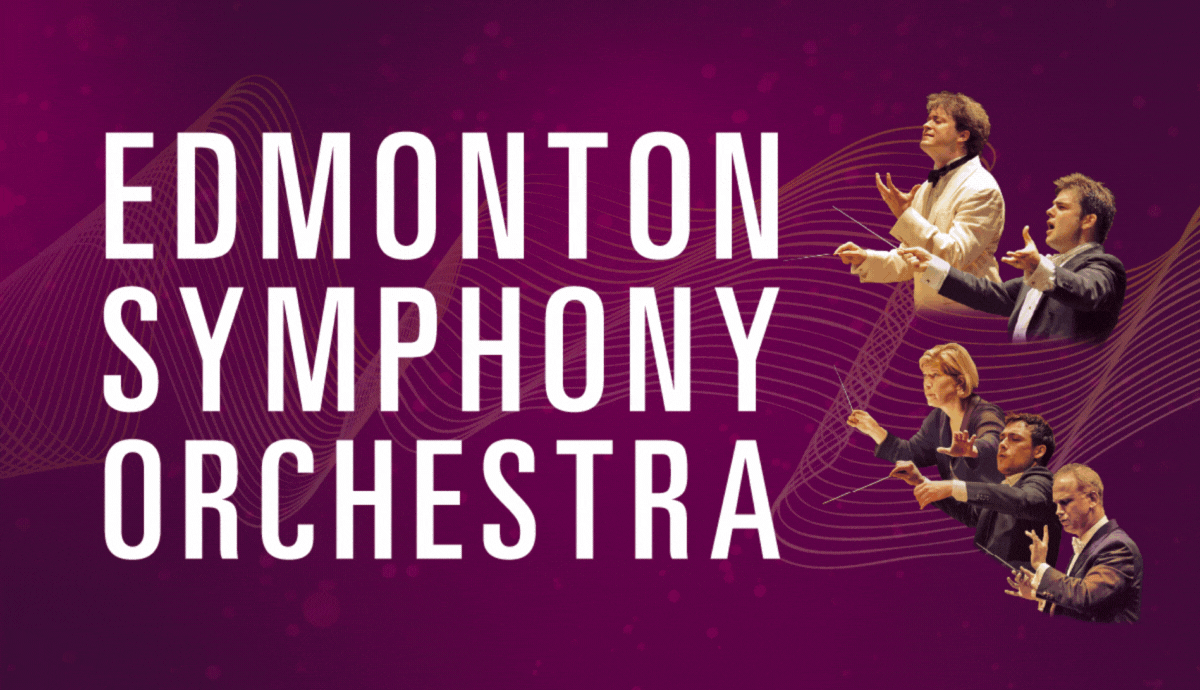"To the Memory of an Angel"
November 15, 2017
Schoenberg re-shaped traditional music concepts when he dispensed with traditional major/minor key relationships in favour of a new way of organizing music - which has come to be known as "serial" or "12-tone" music. Almost a century old now (Schoenberg's book Harmonielehre was published in 1922), Schoenberg's revolutionary new approach had a huge impact on the practice of music - to the horror of many, I hasten to add.
Alban Berg (1885-1935) became a student of Schoenberg in 1904, and assisted him throughout his life. Berg's own musical language is typically thought of as having more emotion, or humanity, than the more austere works of his mentor. One of Berg's final works (he died at only 50 years old) was his Violin Concerto.
He was working on his most famous piece, the opera Lulu, when violinist Louis Krasner commissioned the concerto. But the real impetus in the work's creation was the tragic death of Manon Gropius.
Gustav Mahler died in 1911. Four years later, his widow Alma married architect Walther Gropius. Manon (pictured above) was their daughter, but she died of polio at the age of 18. Putting Lulu aside, Berg threw himself into the concerto, which he dedicated "to the memory of an angel."
As crowd-pleasing concert works go, Berg's Violin Concerto is more elusive than many of the grand, virtuosic showcases that pull audiences to their feet at the final cadence. The work is in four interconnected sections, and true to its inspiration, it is inward-looking, often tinged with sadness and resignation.
Coupled with that, Berg's reliance on serial technique, wedded (it must be underlined) with strong elements of more traditional harmonic treatment, lends that bit of austerity to the whole. And yet, the work has a beauty, an other-worldliness, that offers its own reward. You may not be drawn to a thunderous ovation, but this underrated 20th-century masterpiece deserves more performances than it gets, and is a genuinely moving piece.
I am glad that our Concertmaster, Robert Uchida, is taking on this rich and rewarding gem, presenting it along with ESO Chief Conductor Alexander Prior at our Masters series concerts on November 24 & 25. Tchaikovsky's fabulous Fifth Symphony, and a wonderful and inventive concert overture by Nielsen, An Imaginary Journey to the Faroe Islands, will bookcase Robert's performance of the Berg.
Don't expect violin fireworks - but don't discount the many challenges presented to the soloist either - and Berg's Violin Concerto may well burrow a place in your heart you didn't even know you had.
D.T. Baker




